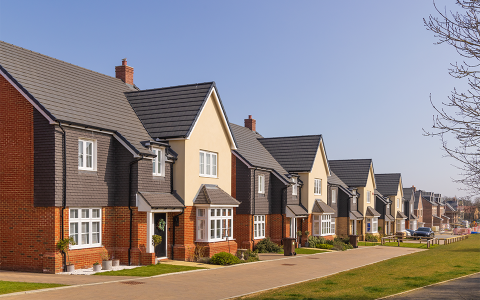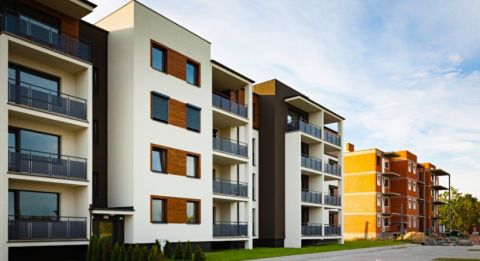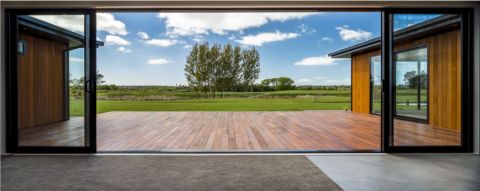Buying guide
Portable Heaters
Things to consider when buying a portable heater
Portable heaters are great for keeping the chill off a room in the warmer seasons when it's not quite cold enough to put on your heating, or are ideal to use in a pinch if your heating starts playing up in the depths of winter. But considering what type of heater to purchase can quickly become overwhelming. This handy guide will help eliminate the jargon and help you decide what heater is best for you and your family.
Where are you going to use it?
Where you are planning on using your portable heater will determine which type to purchase. For example, if you intend to use it in a garage or workshop, you will require a more robust product that has a dust filters like those incorporated in the RUG3TS. But for small bedrooms, a compact heater like the Eco Chico is ideal. If you’re after a heater for general use in living areas, you have a wide choice of all around heaters: fan and ceramic, convectors and radiators.
What type of heat do you want?
There are three main types of heat produced from portable heaters: fanned, radiant and convected.
Fan heaters draw air over a heating element quickly by using a fan to then propel the warmed air out. Radiant heaters create rays of energy that convert to heat once it hits and is absorbed by the body or object, similar to the warmth you feel from the sun, whereas convector heaters heat up the air around you and push it out into the room. The optimum heat type for human comfort is actually a blend of 80% convected and 20% radiant heat, so look for a heater that features a mixture of both technologies like our oil-free eco portable radiators.

Getting ready for 2020 compliance
The consultation for the Future Homes Standard, including Government’s proposal to update Approved Document L and Approved Document F during 2020, has closed. The final version, taking into account the feedback from industry on the initial document, is likely to be published mid-2020 and become the new standard in the closing months of this year.

Glen Dimplex responds to new Building Regulation Approved Documents
This week saw the long-awaited publication of the English Building Regulations. Having contributed to the workshops and consultations that led to these new Approved Documents, we were pleased to see much of the industry feedback cited appears to have been incorporated, particularly in the case of flexibility when replacing traditional fossil fuel systems.

What do you need to consider with a ground source heat pump (GSHP)?
There are three key considerations when specifying a ground source heat pump (GSHP); installation, energy efficiency and aesthetics.











